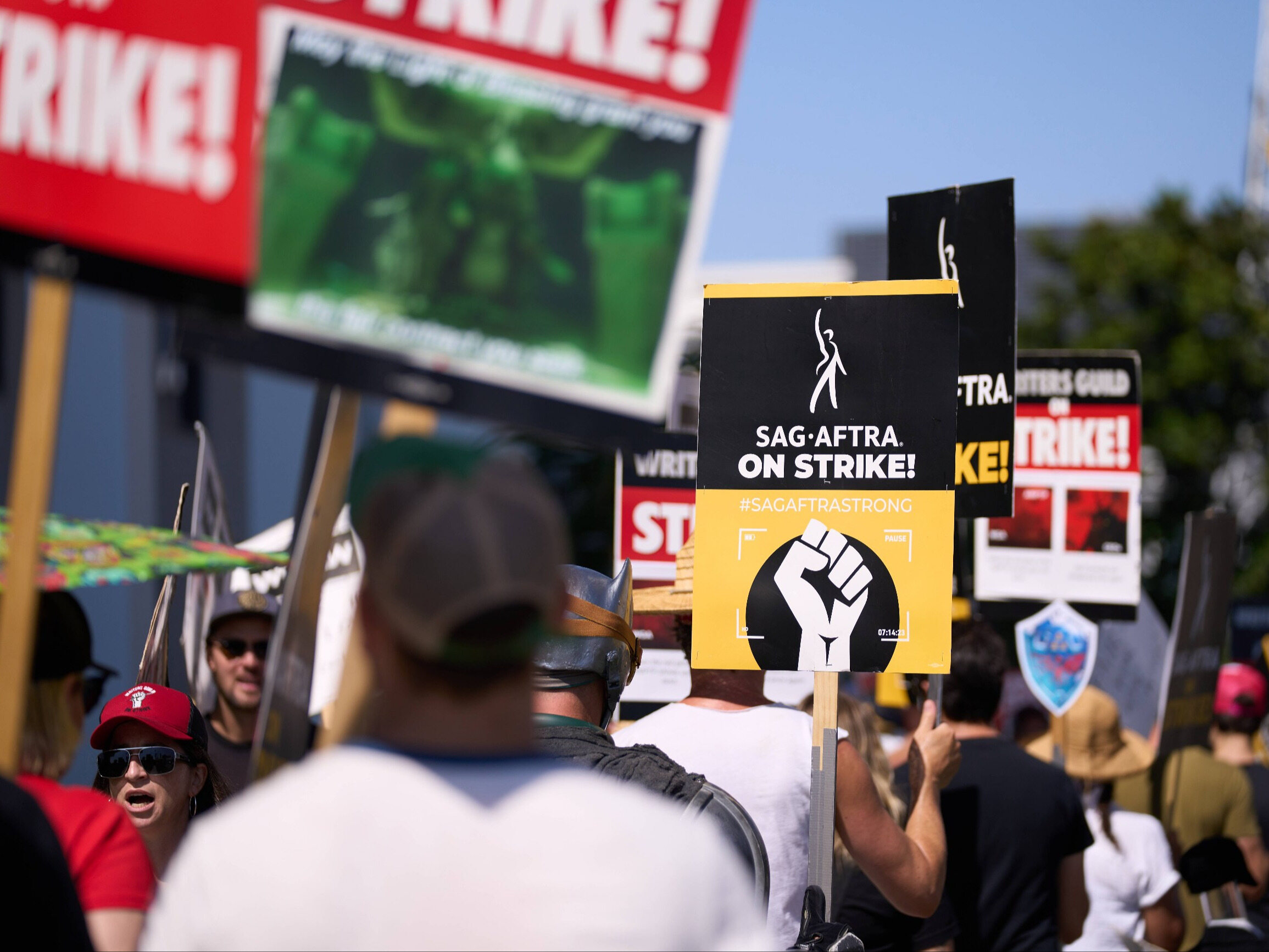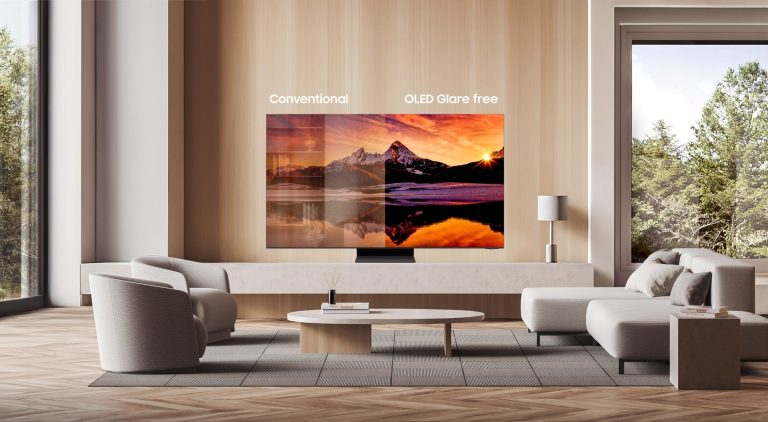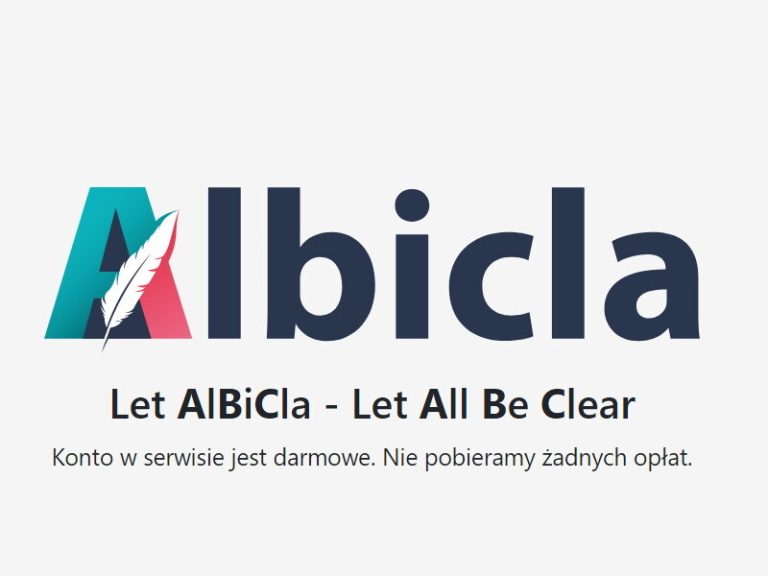Filmmakers blocked AI. The end of the great Hollywood strike

Screenwriters and Hollywood workers who had been on strike for months ended their protest after reaching an agreement with the studios. The records included, among others: prohibitions on the use of AI in scripts and production.
The Screenwriters Guild of America (WGA) strike, which had been going on for five months, ended on September 27, on the night from Tuesday to Wednesday. The reason for stopping the loud protest is to develop new arrangements, also regarding the problem of using generative AI.
End of the screenwriters’ strike – ban on using AI in films and series
The strike that started in May blocked most film and TV series productions for almost half a year. One of the main protesting groups were screenwriters who wanted to negotiate better wages, but were also deeply concerned about the dynamic development of generative artificial intelligence.
Among the concerns was the possibility of gradually replacing storyboarders with chatbots like ChatGPT, which can already generate content, including writing poems or scenarios to act out. Specialists were also afraid that they would not retain the copyright to the guns they created and would even be needed only to correct AI errors.
It is therefore not surprising that the proposed new contract with film studios deals in depth with the topic of creative artificial intelligence. According to further provisions, Hollywood productions will not be able to use AI-generated content, including preliminary scripts that would be corrected by a human screenwriter.
It also works the other way round, because AI will not be able to correct or modify scenes already written by humans. Moreover, artificial intelligence will not be able to learn and train on the works of screenwriters (which could mean violating their copyrights), and the works of AI writers will not be able to be used on the sets of films or series. Interestingly, the screenwriter will be able to use ChatuGPT for his work with the studio’s permission.
Screenwriters end the strike – they won raises
The scriptwriters negotiated virtually all of their demands, including salary increases and changes in labor settlement for VOD services. After ratifying the contract, screenwriters can count on 5%. higher earnings. In February 2024, they will increase by another 5%, and a year later – again by 3.5%.
The main fight, however, was over the drastic changes in the settlement of screenwriters’ wages in contracts with services such as Netflix, HBO Max, Amazon Prime Video, Disney+ and Apple TV+.
Unreliable and often hidden viewership information significantly underestimated possible bonuses for writers, so now platforms will have to report it to the WGA. The minimum remuneration for a VOD script was increased by 18%. (min. USD 100,000 with a production budget of USD 30 million and higher) and a system of allowances was introduced, for example for significant interest among customers of the service within 90 days of the premiere.





